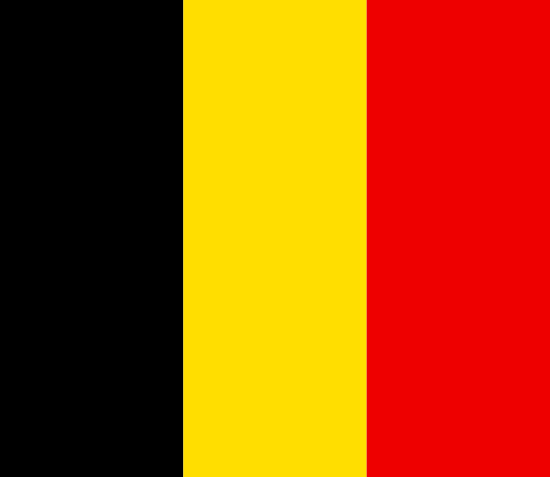07 December 2022
Three questions to Laurence Drèze, Biodiversity Policy Officer at WWF Belgium 1. What are the main challenges and opportunities in your daily work? As biodiversity policy officer, I’m following the international, European and Walloon biodiversity files to advocate for WWF’s mission: act to stop the…

